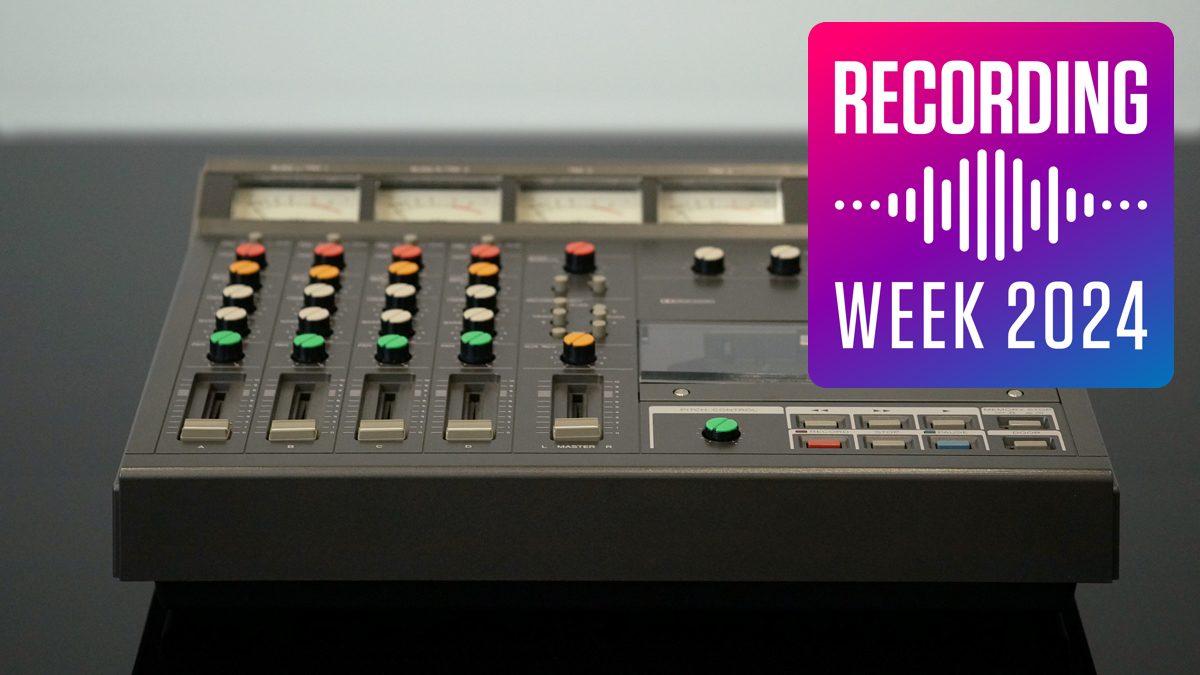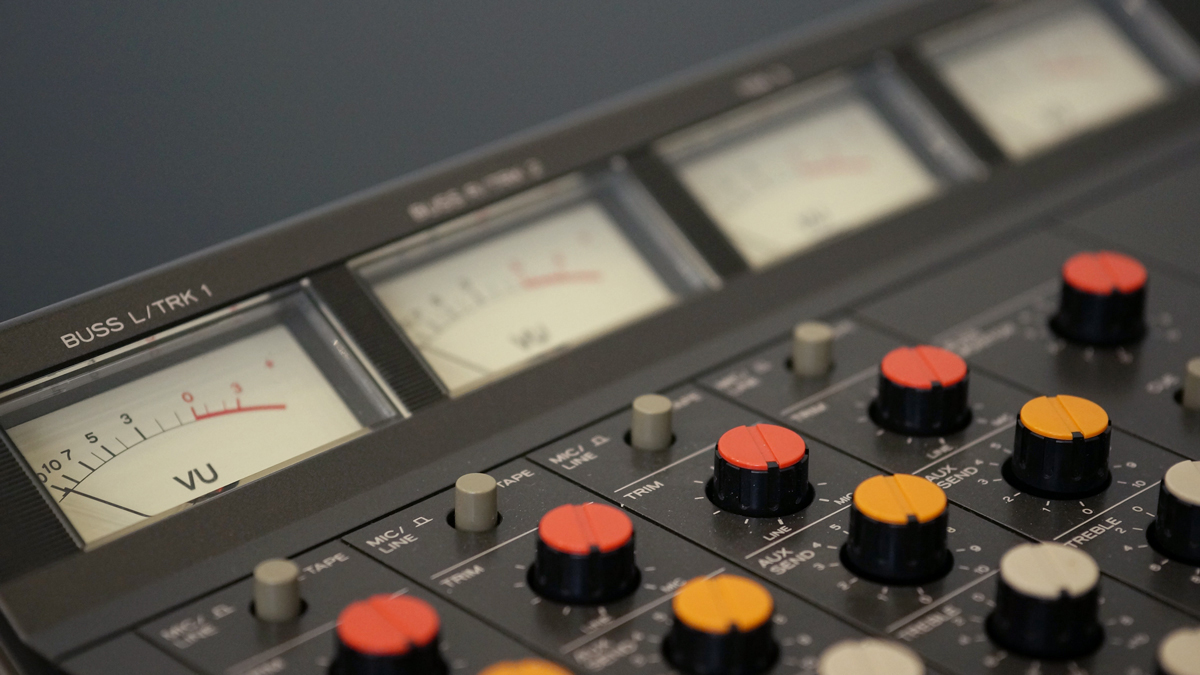Why Bruce Springsteen biopic Deliver Me From Nowhere could spark a new wave of interest in the Teac 144 Portastudio, the 4-track cassette recorder that triggered a home recording revolution
New movie will tell the story of the making of The Boss’s 1982 album, Nebraska

RECORDING WEEK 2024: When Jeremy Allen White stepped out at the 2024 Emmy Awards, as well as being congratulated for winning his second Outstanding Lead Actor in a Comedy Series prize for his work in The Bear, he was quizzed on one of his upcoming projects: portraying Bruce Springsteen in new biopic Deliver Me From Nowhere.
While he was reluctant to spend too much time talking about a movie that hasn’t even started shooting yet, Allen White did reveal that he’s pleased to have Springsteen’s backing.
“I’ve got a really beautiful team of people helping me and Bruce has been really lovely and supportive and available, which has made this whole process an extra joy,” he told Deadline. “His support and Jon Landau, his management support, who has a large role in the film as well. So I feel really lucky.”
Based on the book of the same name by Warren Zanes, Deliver Me From Nowhere is set to tell the story of the making of Nebraska, the 1982 album that Springsteen recorded on his own using a Teac 144 Portastudio. Released in 1979, this was the machine that kickstarted a home recording revolution.
The movie joins the other recently announced Springsteen motion picture – Road Diary: Bruce Springsteen and The E Street Band, an in-depth behind-the-scenes on the band's recent post-covid world tour.
Teac's Portastudio enabled would-be bedroom producers to record four tracks of simultaneous audio on a humble cassette effectively combining the left/right of both sides of the cassette at once, giving four tracks in total, and was available for ‘just’ $899.
Admittedly, that’s about four grand in today’s money, but given that the alternative was spending many more thousands of dollars going into a recording studio, it still felt like a breakthrough, to the extent that it was deemed deserving of a slot on BBC science and technology show Tomorrow's World.
Get the MusicRadar Newsletter
Want all the hottest music and gear news, reviews, deals, features and more, direct to your inbox? Sign up here.
The ability to layer multiple tracks also meant that musicians could lock themselves away and work on their own, which is exactly what Springsteen did. He’s said to have used little more than a 144, some Shure SM57 mics, a Gibson J-200 acoustic guitar, a mandolin and a glockenspiel to record Nebraska, which is still considered one of his greatest albums.
Another notable user was Sting, who recorded all the demos for The Police's Zenyatta Mondatta on his 144. This exact machine ended up selling at auction for £3,200 in 2022.
If Deliver Me From Nowhere does its job right, then, the Teac 144 Portastudio may soon be introduced to a whole new generation. And, coming in the midst of a cassette revival - and with the demand for that ‘lo-fi sound’ as strong as ever - it might just spark a renewed wave of interest in old 4-tracks in general.
That said, for some people, the Portastudio never went away. In 2019, Nine Inch Nails’ Alessandro Cortini explained how he uses his old Tascam as a performance instrument, and Mac Demarco recorded his 2012 debut mini album Rock and Roll Night Club on a 244 Portastudio.

And, of course, there are countless plugins that purport to put the sound of the cassette 4-track into your DAW. Finneas revealed in 2023 that he used SketchCassette, one of the better-known emulations, on Billie Eilish’s What Was I Made For.
A release date for Deliver Me From Nowhere has yet to be confirmed, but we anticipate that it will be no earlier than late 2025.

• Get more recording stories and features at Recording Week 2024 here!



I’m the Deputy Editor of MusicRadar, having worked on the site since its launch in 2007. I previously spent eight years working on our sister magazine, Computer Music. I’ve been playing the piano, gigging in bands and failing to finish tracks at home for more than 30 years, 24 of which I’ve also spent writing about music and the ever-changing technology used to make it.










